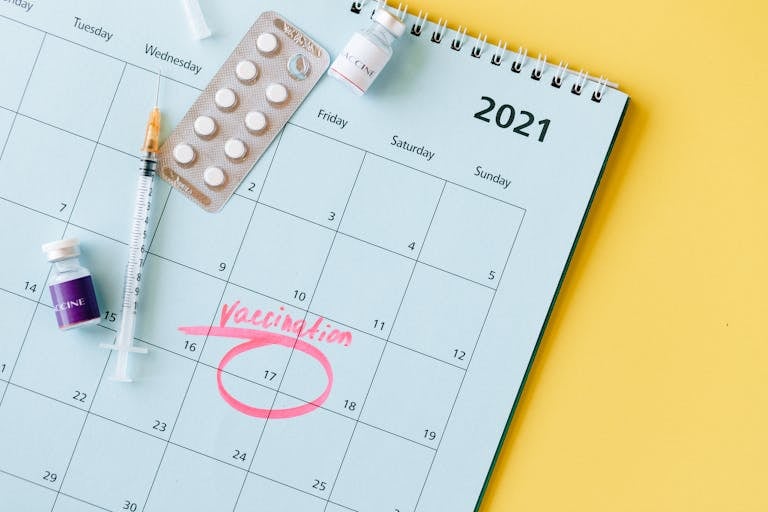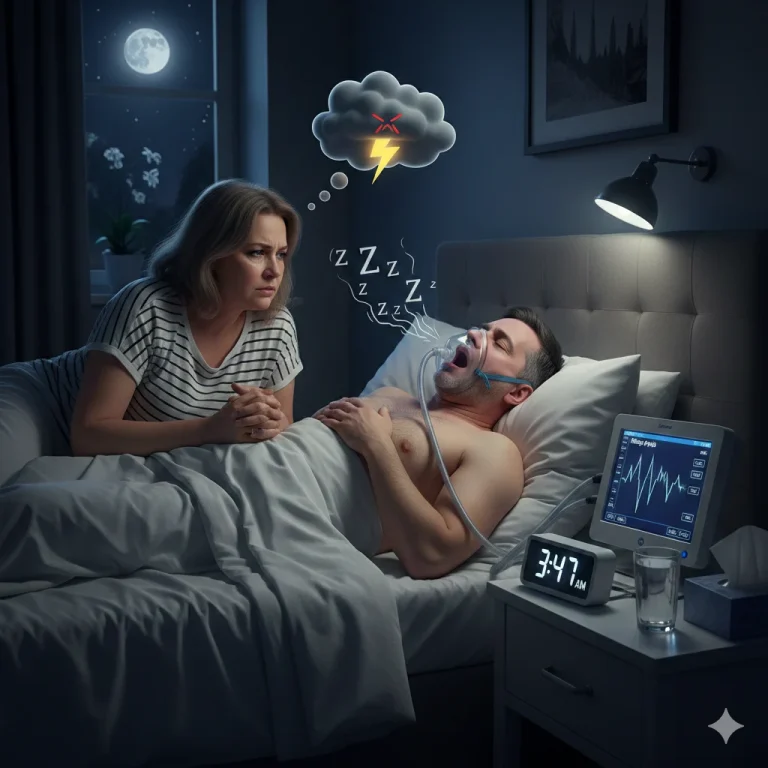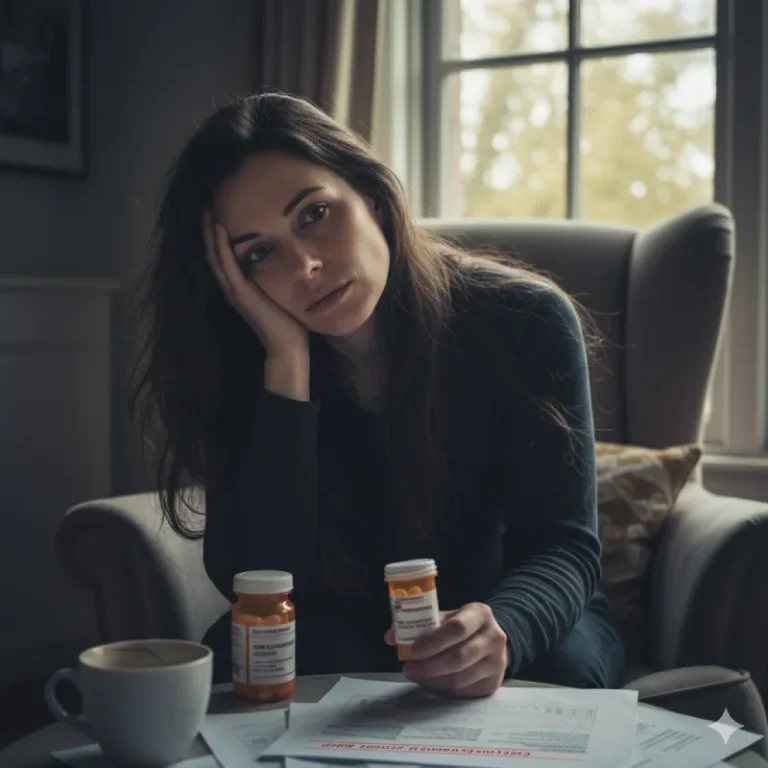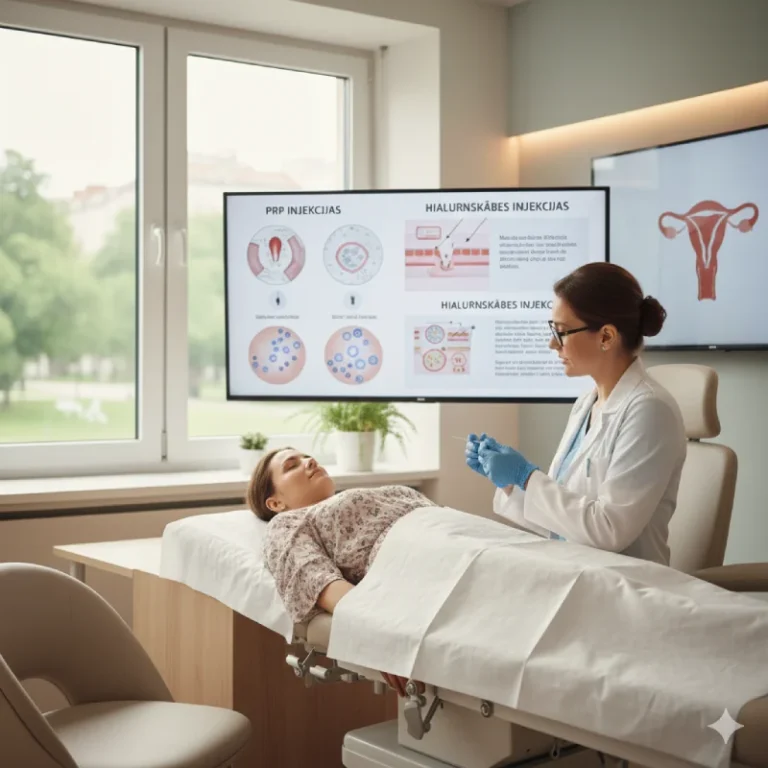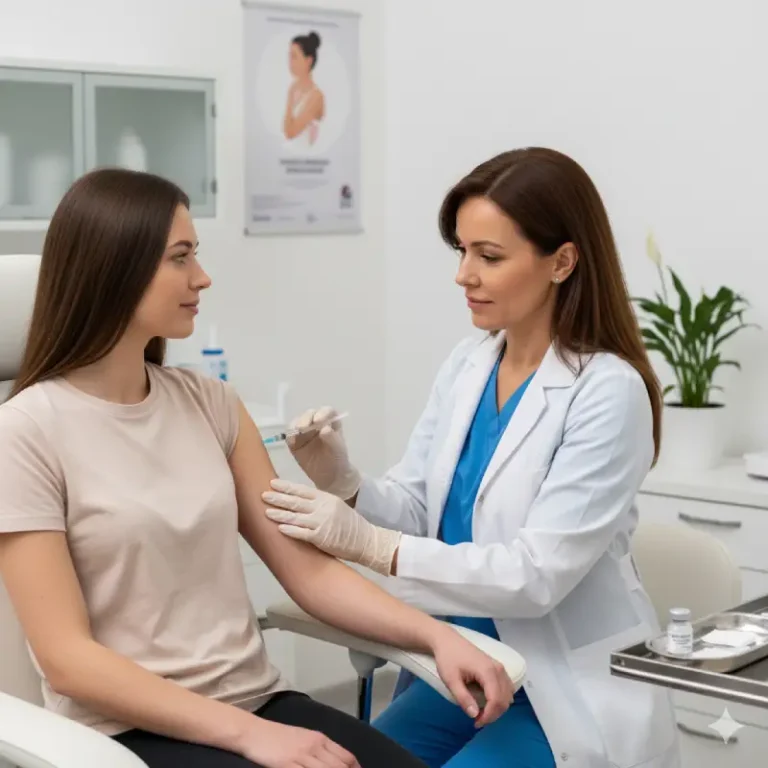Low testosterone: symptoms, diagnosis, and treatment
What is Testosterone?
Testosterone is the main male sex hormone, primarily produced in the testicles. It affects muscle and bone mass, libido, mood, energy levels, and overall health. Women also produce testosterone in much smaller amounts, but it remains important for them as well.
When testosterone levels drop below normal, the condition is called hypogonadism. If the cause is not permanent damage to the testes or pituitary gland but rather lifestyle or chronic disease factors, it is referred to as functional hypogonadism.
How common is low testosterone?
Studies show that testosterone naturally decreases with age — about 1% per year after age 30. Not all men develop symptoms, but clinically significant hypogonadism affects 2–6% of men, and up to 20% after age 60.
Symptoms
- Fatigue and weakness
- Reduced libido and erectile dysfunction
- Loss of muscle mass, increased fat mass
- Mood swings, depression, anxiety
- Reduced bone density, risk of osteoporosis
- Decreased hair growth and other physical changes
Risk factors
Aging, obesity, diabetes, chronic illnesses (kidney, liver), stress, lack of sleep, certain medications, alcohol and drug use.
Functional hypogonadism
Caused by lifestyle and metabolic disorders. Often reversible with weight loss, improved sleep, diabetes management, and reduced alcohol intake.
Role of the family doctor
The first step is consulting a family doctor, who evaluates symptoms, orders tests, and refers to an endocrinologist or urologist if needed.
Laboratory tests
- Total testosterone (morning sample)
- Free testosterone
- LH and FSH
- Additional tests: glucose, lipid profile, liver and kidney function
Imaging
Ultrasound or MRI of the pituitary or testicles when indicated.
Treatment Options
- Lifestyle changes: weight loss, exercise, better sleep, reduced alcohol and smoking
- Medication: testosterone replacement therapy (injections, gels, patches) under medical supervision
Monitoring side effects
Regular checks of blood, prostate, and cardiovascular health.
When to see a doctor?
If you experience fatigue, low libido, muscle loss, or mood changes.
Prevention
Maintain healthy weight, exercise, balanced diet, good sleep, and regular checkups.


